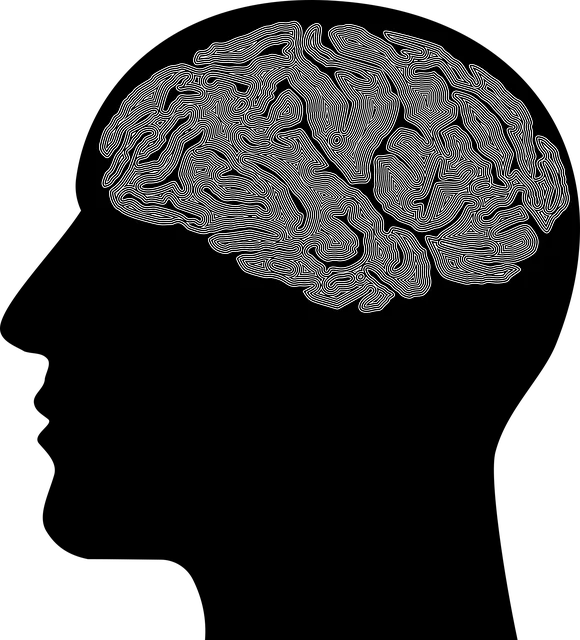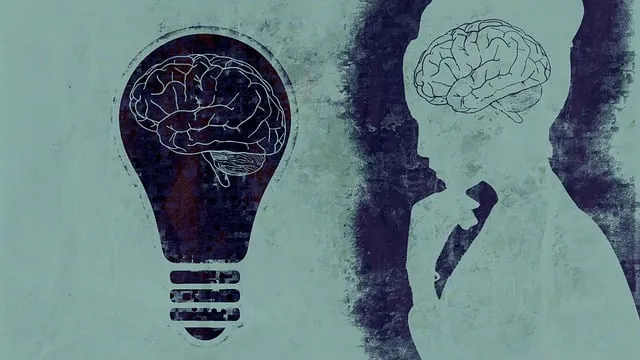Kaiser Permanente's mental health facility in Greenwood Village utilizes Resilience, Flexibility, and Mastery (RFM) strategies, incorporating Compassion Cultivation Practices into programs. This approach equips patients with empathy, self-compassion, and emotional regulation skills for effective stress management, evident through successful workshops and a supportive environment. Tailored resilience-building exercises integrate art therapy, mindfulness, group discussions, and evidence-based practices, fostering emotional intelligence and overall well-being. This holistic approach, combining Emotional Regulation and Compassion Cultivation, promotes personal growth alongside symptom reduction at the Kaiser Permanente mental health facility Greenwood Village.
“Resilience is a cornerstone of mental well-being, especially within healthcare settings like Kaiser Permanente mental health facilities. This article explores the RFM (Recovery, Flexibility, and Mastery) framework and its profound impact on patient resilience at Kaiser Permanente Greenwood Village. We delve into the art of designing tailored resilience-building exercises for mental health facilities, offering a practical step-by-step guide to implementing RFM strategies. By enhancing patients’ ability to recover, adapt, and take control, these methods foster optimal outcomes.”
- Understanding RFM and its Impact at Kaiser Permanente Greenwood Village
- Designing Effective Resilience Building Exercises for Mental Health Facilities
- Implementing RFM Strategies: A Step-by-Step Guide for Optimal Patient Outcomes
Understanding RFM and its Impact at Kaiser Permanente Greenwood Village

At Kaiser Permanente’s mental health facility in Greenwood Village, Resilience and Flexibility (RFM) has emerged as a powerful tool to empower individuals in navigating life’s challenges. RFM focuses on enhancing an individual’s ability to adapt, bounce back from setbacks, and maintain a sense of well-being. By integrating Compassion Cultivation Practices into their programs, the facility offers participants practical ways to cultivate empathy, self-compassion, and emotional regulation skills. These practices are designed to help individuals manage anxiety and stress effectively.
The Impact of RFM is evident in various aspects of life at the mental health facility. Stress Management Workshops organized by Kaiser Permanente Greenwood Village have shown significant success in teaching participants practical strategies for coping with daily stressors. Through these workshops, individuals learn techniques that not only provide immediate anxiety relief but also equip them with long-term stress management tools. The organization’s commitment to fostering resilience has created a supportive environment where residents can develop the skills necessary to thrive despite life’s difficulties.
Designing Effective Resilience Building Exercises for Mental Health Facilities

Resilience building exercises tailored for mental health facilities like Kaiser Permanente’s Greenwood Village location play a pivotal role in fostering strength and coping mechanisms among patients. These exercises must be meticulously designed to cater to diverse individual needs, especially when considering the Cultural Sensitivity in Mental Healthcare Practice. Incorporating activities that promote emotional intelligence and stress reduction methods can significantly enhance patient outcomes.
Effective resilience programs should offer a blend of structured and adaptable sessions, ensuring flexibility to accommodate varying levels of comfort and need. By integrating evidence-based practices, art therapy, mindfulness techniques, and group discussions, facilities like Greenwood Village can create a supportive environment where patients learn valuable skills for managing mental health challenges. The goal is not only to equip individuals with tools for coping but also to foster an understanding of their emotional intelligence, thereby improving overall well-being.
Implementing RFM Strategies: A Step-by-Step Guide for Optimal Patient Outcomes

Implementing RFM (Resilience, Flexibility, and Mastery) strategies at Kaiser Permanente mental health facility in Greenwood Village can significantly enhance patient outcomes. The first step involves assessing each patient’s unique needs and tailoring RFM interventions accordingly. This personalized approach ensures that patients receive support that directly addresses their specific challenges, fostering a sense of agency and self-efficacy. For instance, resilience-building exercises could involve setting achievable goals, practicing emotional regulation techniques, or engaging in compassion cultivation practices to help individuals navigate stress and adversity.
Following the initial assessment, a structured step-by-step guide can be employed. This guide should include clear guidelines for implementing flexibility strategies, such as encouraging patients to adapt to changing circumstances and embrace uncertainty. Mastery interventions, like cognitive reframing or skill-building sessions, can empower individuals to confront challenges head-on and cultivate a growth mindset. Incorporating evidence-based Mental Health Policy Analysis and Advocacy techniques throughout these processes ensures that patients not only gain practical skills but also understand their rights and resources within the healthcare system. By integrating Emotional Regulation and Compassion Cultivation Practices, Kaiser Permanente can create a holistic environment that supports not just symptom reduction, but also profound personal growth and well-being.
Resilience is a powerful tool in enhancing mental well-being, especially within the context of a Kaiser Permanente mental health facility like Greenwood Village. By implementing RFM (Recovery, Flexibility, and Mastery) strategies and tailored resilience-building exercises, healthcare professionals can significantly improve patient outcomes. This article has provided an in-depth guide on understanding RFM’s impact, designing effective exercises, and a step-by-step implementation process. With these tools, Kaiser Permanente mental health facilities can foster a more resilient environment, empowering patients to navigate challenges and promote long-term recovery.






